Fishing Lessons for Carbon?
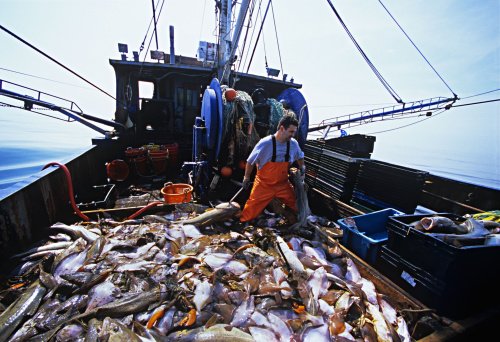
The Eurozone put limits on fishing back in the late 70s. The fish were running out, and fishermen – last of the hunters – became, in effect, farmers: unlimited catches are out, sustained resource management is in. The European quota system is imperfect – but it worked. Europe’s North Sea has ample stocks – while Newfoundland does not.
Parallels to a global agreement on carbon are clear: fishing/carbon quotas must be based on science; countries’ and companies’ individual rights to fish/emit are tied to historical baselines; fishing/carbon permits are fully tradable, and; being granted the initial right to fish/emit can be worth a small fortune.
We can learn from the fishermen, boats and catches here in the North Atlantic. Shetland struggles today with unintended consequences – echoes of vested interests and a blunt and bureaucratic system. [Spoiler alert: the lesson is to price carbon and forget quotas.]
1. Vested interests had to get bought off. Fishermen got – for free – perpetual and exclusive rights to the resource because they were already fishing. That seems unfair; after all, they’d already been paid for their fish. Now they landed a windfall by locking down those rights forever – no fishing required! Classic horse-trading: vested interests had to be brought onside. Tradable, perpetual permits were a payoff for being in the right place at the right time.
The lesson? Vested interests don’t get a free ride – permits come at a cost and require continuous investment by aggressive annual decreases. Historical behaviour cuts both ways: companies and countries must acknowledge historical emissions have already generated private wealth at public expense (in the form of climate damage).
2. The system can be gamed. Fishermen goosed their catches in the years preceding the quota system to inflate initial permits. Not only would they fish like mad, but report ‘ghost catches’ – imaginary fish not landed.
The lesson? Reduce the uncertainty preceding carbon constraints. Otherwise there’s a rush to build expanded hydrocarbon capacity and simultaneously avoid investment to reduce emissions. Once plants are turned on, they’re awfully hard to turn off (Canada’s mad dash to develop the Tar Sands). And no emitter will invest to reduce emissions when it lowers their baseline and leaves harder-to-get reductions on the table (America’s ancient coal plants). The only solution is to stop dithering and get on with it.
3. Local variance isn’t captured by EU dictates. Shetland’s boats catch a mixed net; cod, haddock, whiting, saithe, haike, plaice, turbot, lemon sole all end up on deck. But quotas are by fish type – so if you catch too many cod and not enough haddock, you inevitably throw cod back when nobody’s looking. Often dead. They’re called ‘discards’.
The lesson? Reconcile local context with global limits. Everyone must be free to adapt to a low-carbon economy according to their unique needs and abilities: different interests, access to capital and natural resources. Aside from quotas, there is little a centralized system can do to incent local autonomy.
4. It’s difficult to keep jobs local. The highest bidders – inevitably global corporates – buy up all the permits. So far, Shetland’s strong sense of community has kept things local, but that won’t last. Even an island community surrounded by fish, like the Shetlands, may one day be unable to create jobs on the seas.
The lesson? In the carbon world, local economies lose if emission-heavy industry relocates to low-cost jurisdictions willing to soak up those emissions. Unequal carbon pricing is inevitable in a quota-based system. So put carbon tariffs on imported goods equivalent to the difference.
Quota systems work, as the European fisheries have shown. But a global agreement to constrain carbon will be much more complex. While each protects the commons from unimpeded exploitation, there’s a big difference between preserving a resource that pays cash today and paying to curb emissions to avoid future harm. Fishing pays, carbon costs.
Market forces are better leveraged by pricing carbon and redistributing the money by lower payroll taxes. Prices are domestically adjusted according to success in meeting quota targets. And it gets everyone rowing in the right direction, each with their own oar.


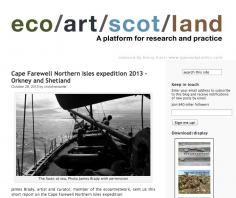
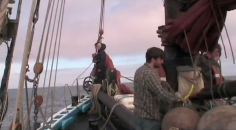
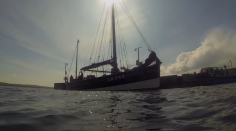
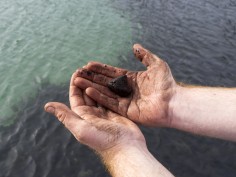
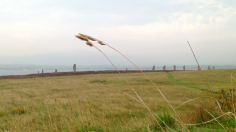
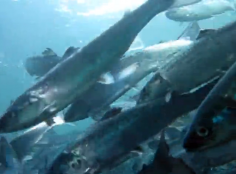
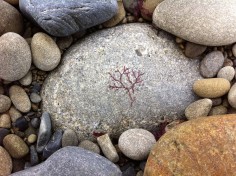
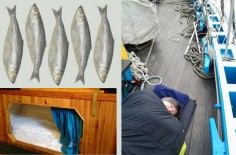
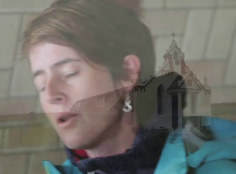
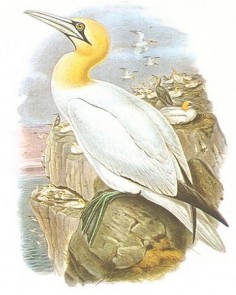
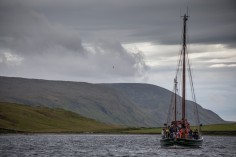
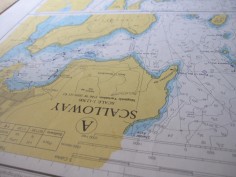






No Comments